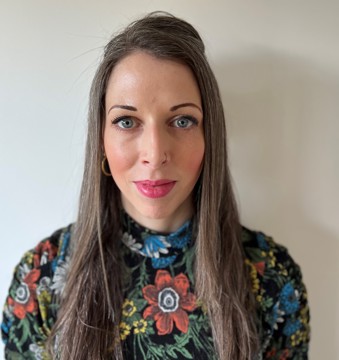Interested in clinical oncology?
Why clinical oncology?
It has something for everyone
Experience the vast range of exciting pathways within the specialty which include outpatient care, surgical skills in brachytherapy, acute medicine and technical radiotherapy.
It pushes boundaries
You will have the opportunity to experience cutting-edge clinical trials, and work in a field built on innovation, but grounded in holistic care.
It values balance
Working Less Than Full-Time during clinical oncology training gives you the freedom to be flexible with your time.
It has something for everyone
Experience the vast range of exciting pathways within the specialty which include outpatient care, surgical skills in brachytherapy, acute medicine and technical radiotherapy.
It pushes boundaries
You will have the opportunity to experience cutting-edge clinical trials, and work in a field built on innovation, but grounded in holistic care.
It values balance
Working Less Than Full-Time during clinical oncology training gives you the freedom to be flexible with your time.
Watch a recording of the CO recruitment webinar delivered 27 October 2025
What makes a good clinical oncologist?
A calm presence
Skilled, curious and impactful
Eager to learn every single day
Clinical oncology news & blogs



FAQs
In clinical oncology, you specialise in both radiotherapy and systemic treatments for cancer, whereas in medical oncology it is just systemic.
Yes – the application window and offers are at the same time, so you can apply for both and decide which to choose once you have received offers.
Entry to clinical recruitment happens at ST3 level, and the requirements for at the time of application include one of the following:
- Part 1 MRCP, and full MRCP diploma by offer date.
- Eligibility for the specialist register in general internal medicine by time of application
- Completion of Irish Basic Specialty Training in medicine and the MRCPI full diploma by offer date
Check the HSE page for full details of the application process and essential entry criteria.